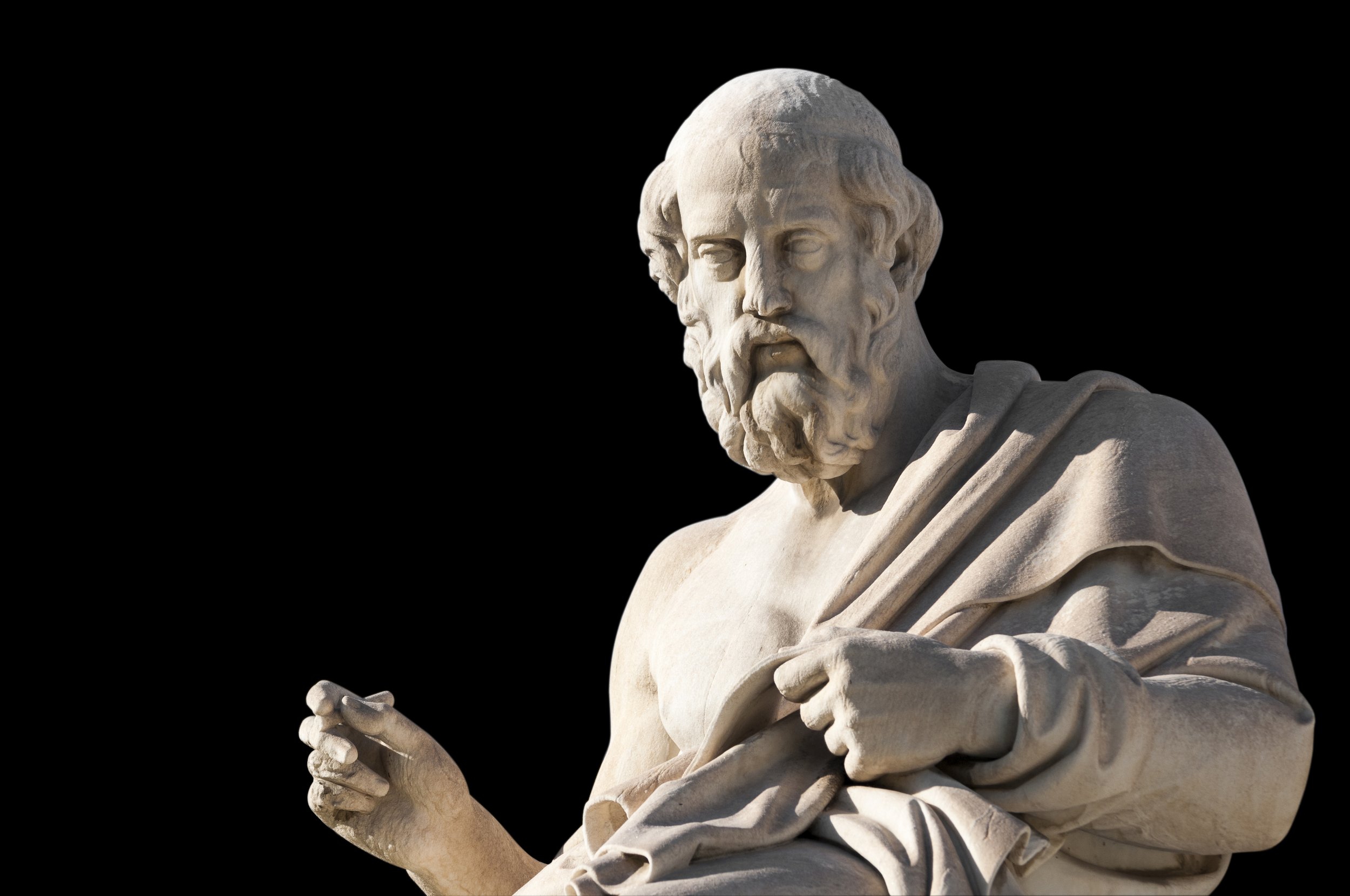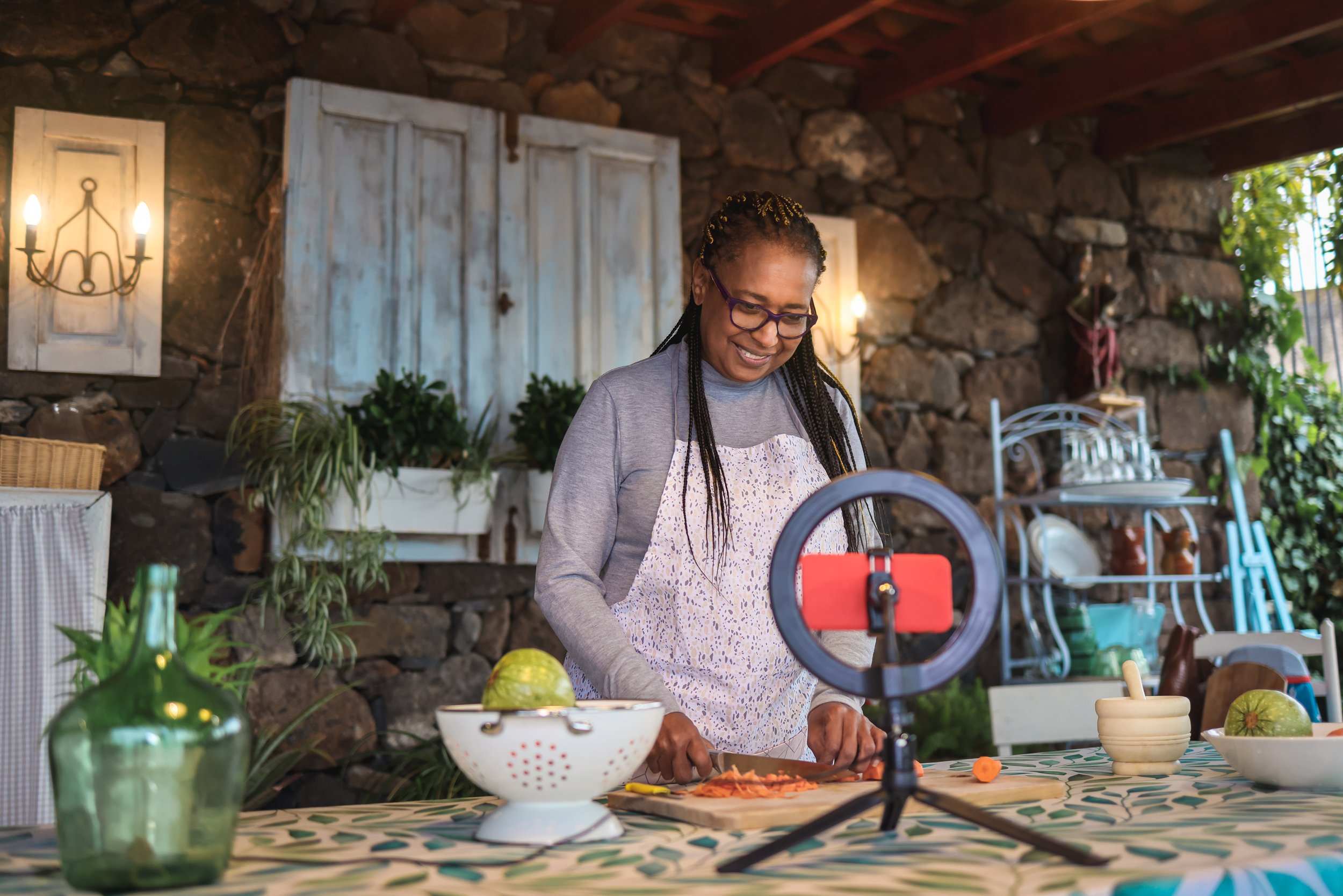6 Surprising Lessons I Learned From Retiring Early at Age 32
Freedom always feels great!
What Is It Really Like to Retire Early?
I retired nearly two years ago at the age of 32.
As we come to the second anniversary of my retirement, I thought it would be good to reflect on and share the biggest things I’ve learned during the journey. Oftentimes, what we expect and reality are very different. Retiring early has certainly taught me a lot in some surprising ways.
For some context, a lot has happened in the world since I left my job on December 18th of 2019. On a national level, we’ve had a pandemic, a heated presidential election, and government spending the likes we’ve never seen before. On a personal level, I moved from Washington State to Arizona, bought a house, and did some traveling to spend more time with family and friends, many of whom have asked what’s it like to retire early.
So that’s what this post is about.
Celebrate with some beers! Cheers!
1 - You’ll be super excited … for a bit …
The day you retire will be awesome!
You’ll turn in your badge, laptop, and work cellphone and leave the office with the biggest smile you’ve ever had! Hopefully, you and a few friends will grab a beer and talk about whatever exciting plans you have! Relish the moment and enjoy the process!
This sense of excitement will quickly wear off after about two weeks: about the length of an extended vacation. Then you’ll be looking into the abyss thinking … now what?!
2 - Slowing down is harder than you think.
My best advice to anyone who is retiring soon, young or old: SLOW DOWN! Take a deep breath, and give yourself six months to decompress. Yes, six months. Don’t schedule anything. Don’t plan any huge trips. You have a lifetime for all of that. Give yourself some room to think and process. You’ve had an entire lifetime of structured school, college, work, and more. If you’re like me, you’ve been so focused on the goal line you haven’t spent much time thinking about what you’ll actually do during retirement itself. That’s ok! But understand the adjustment to a less scheduled life is harder than you think. You’ve never had to not answer to the demands of others. It’s important to form a strong sense of what’s important to you and what you want out of life. You’ve earned your freedom, but you still need to take some time to figure out what you want from life.
I made the mistake of moving, buying a house, and trying to start a side business and more right away. It was understandable; I’m a busybody. I was excited, and as usual, I wanted to dive right in and make the most of this opportunity. I ended up having to just stop and take six months to get my head on straight. My advice is to do this first. Then decide what you want to do next. Some of the things I thought would be important to me, like trying to start a side business, ended up not being as important as I thought they would.
It’s fine to start a list of things to do and explore some hobbies. Just keep the timeline loose and your expectations low for the first six months. Remember, you have your whole life of freedom ahead of you. Don’t rush into it.
The great Stoic philosophers had some really good points.
3 - You’ll have a lot of time to think.
It’s amazing how little time you have to think when you’re working a full-time job. I was working 50-60 hours a week with a 45-minute commute each way every day. This meant I was busy 70+ hours a week with work, then catching up on stuff around the house the rest of the time, not to mention trying to squeeze in workouts in between it all.
You’ll start to question your life.
Things you used to only think about late at night will start to be regular thoughts such as:
Why are we here?
What’s the purpose of life?
Am I happy? What do I want in life?
This is perfectly normal! These are the questions you’ve always had. The difference is now you have time to ponder the things that used to keep you up at night when the world was quiet, and you were alone with your thoughts. I think this process is lifelong, but I’ve found some very helpful books to help out along the way. It takes some time. This is partly why I recommend people take six months after retirement to just slow down and get some clarity.
I would recommend the following.
While this book is branded around time management, its perspective on how we perceive life and our time on this Earth truly changed the way I see the world.
This book is a good summary of the lessons from the great Stoic thinkers. It’s incredible how little humans have changed over thousands of years. They had the same questions about life and happiness that we do today.
For more reading ideas, check out my recommended reading list.
Your days will still be filled!
4 - You’ll find yourself just as busy as ever.
“Saying no, so you can say yes to the things that matter”
You’ll need to say no a lot.
It’s funny. I thought I’d have a hard time finding things to do with my time in retirement. The reality is the opposite! People just assume you have all the time in the world. Consulting opportunities kept coming my way, nonprofits had projects they needed help with, and friends and family always wanted me to go see them. This was all great!
You might find yourself in similar situations, but you still have a limited amount of time. You need to be thoughtful about what you say yes to. Is this something you actually want to do, or is it something somebody else wants from you? Remember, this is YOUR retirement! You retired to take charge of your life. Don’t let others fill your schedule with things that aren’t important to you. You won’t have work as an excuse. You’ll just need to say no sometimes. I still keep a schedule, and I find my days are still as busy as ever.
5 - You’ll still stress out about money sometimes.
While being financially independent and retiring early means you’ve likely mastered your finances, you’ll probably still worry about money from time to time.
Did I spend too much on that trip? What’s this weird charge on the credit card bill? Can I really afford to buy that hot tub I want? Whoops! I spent too much on Christmas presents. We’ll need to tighten things up next month.
Just because you retired early doesn’t mean you have an unlimited amount of money. You still need to stick to a monthly budget and be thoughtful with your spending. After you retire, this might be even more important to make sure you don't burn through your nest egg sooner than expected. I like to remind myself I can afford anything I want … just not everything.
You will be different.
6 - You’ll feel like an outcast or misfit.
I would consider myself a pretty confident person, but this is one of the areas that hit me pretty hard. I was so focused on retiring early and getting my future financially secured, I didn’t really think about how taking the path less traveled would affect my social life. Very few people retire in their thirties, so this is certainly the way less traveled.
What do you do for a living?
Simple questions like “What do you do for a living?” become a loaded topic. Does the person you just met really need to know you’re retired? Will that person you’re on a date with think you’re a rich dude and get the wrong idea? Will it spark jealousy in someone who isn’t secure in their own finances? In general, I find honesty is the best policy, but I certainly play things down when I don’t know a person very well.
People will be at work.
Most of your friends and family won’t be available during the week. You don’t want to be that person blowing up people’s phones with pictures of you at the pool while they are in windowless cubicles. While great for you, it’s not going to win you any points with your friends.
Your social group will change. You’re going to find the people available during the week fall into a couple categories: mainly stay-at-home parents and other much older retired folks. While you’ll have some things in common with them, you may find they aren’t as interested in going for an all-day hike or hitting the local lake to go kayaking. They have their own lives and things to do.
Are work friends really friends?
You might find coworkers you considered friends start feeling more distant. Looking back, I see that a lot of the stuff I talked about with my work friends was, well, work stuff. They were great people and I miss the integration sometimes, but their lives are still largely focused around work. Mine isn’t, which means there is less in common.
Final Thoughts
Overall, I can honestly say I have no regrets. Seeing what my old coworkers had to deal with at work during the pandemic really drove that point home. The extra free time I have to pursue personal pursuits and time with family, plus the enormous self-growth I’ve experienced reflecting on the big questions of life, has made my first two years of retirement 100% worth it.
It’s just important to keep perspective. You won’t change as a person. However, there will be many change to your routine, and the adjustment certainly takes time.
Finally, retiring early is FUN! You get to prioritize your time the way you see fit and focus on what’s most important to you. It’s just important to understand it’s still work, and stepping off the well-defined path that people typically follow requires a lot of self-reflection and strength to set your course in a more meaningful and intentional way. I don’t regret anything, but I’m still learning a lot about myself along the way!
Make sure you Join our Community so you don’t miss out on future updates!










One of my all-time favorite quotes is:
“Your rate of return is less important than not getting wiped out”
-Charlie Munger
This is a powerful statement that underscores the value of letting time work for you vs trying to get rich quick. Every time you get wiped out you are reset to $0 (or worse) and the clock is reset for your investment progress.
The real key to successful investing is minimizing your losses. Even a modest rate of return adds up to a significant amount of profit when compounded over a period of time.